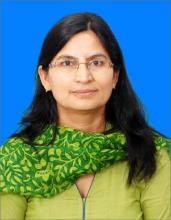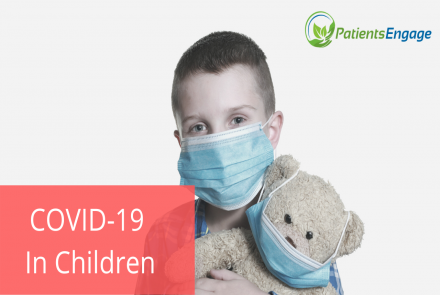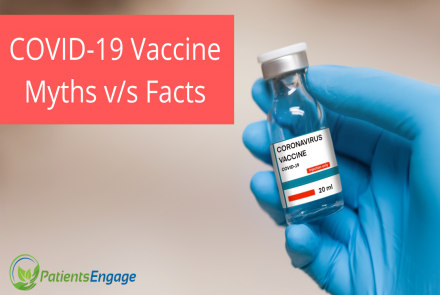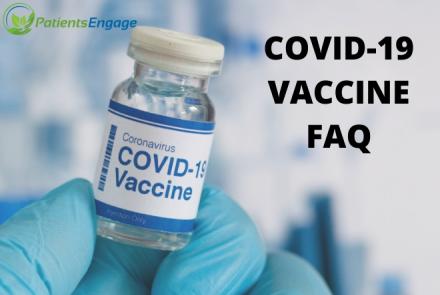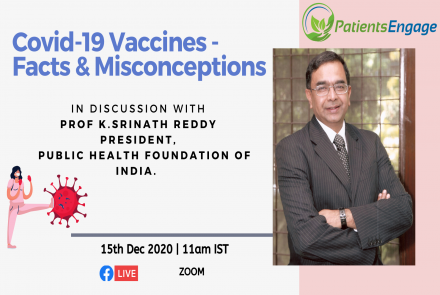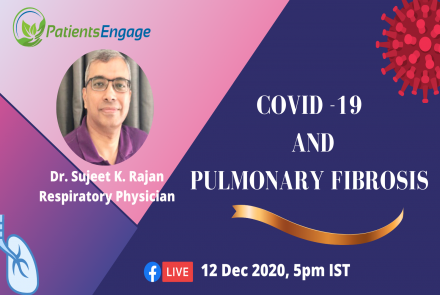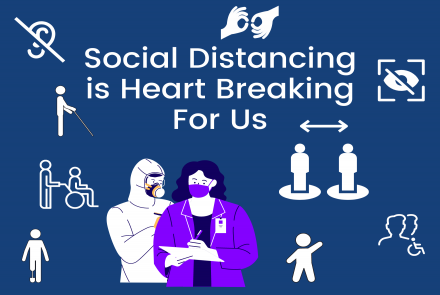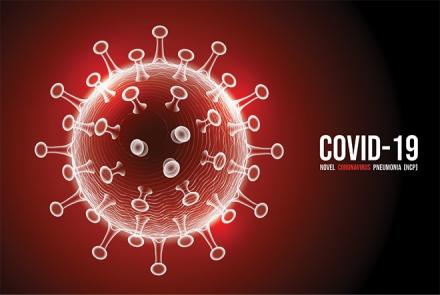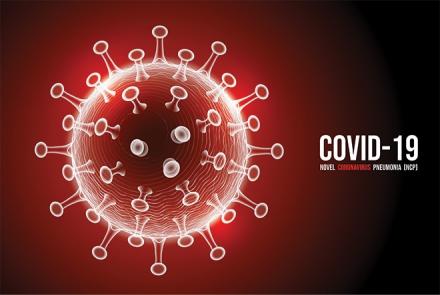
Increasing number of Coronavirus patients have reported symptoms that persist weeks after the infection is clear. We speak with Dr. Swati Jha, Director, Community Health & Research at Aga Khan Health Services India on post viral syndrome, the common lingering symptoms and what actions should be taken.
What are the most common post-Covid symptoms/conditions seen?
In a typical patient
- Physical fatigue- pain in the limbs, difficulty walking, climbing stairs, lifting stuff
- Breathing difficulties – breathlessness, cough
- Feeling of extreme weakness
In addition, mental fogginess, anxiety, some signs of post-traumatic stress are also being reported by some patients.
Can you tell us more about Post-viral syndrome?
Though many serious cases of viral illnesses end up having something called the post- viral syndrome, it is very pertinent in COVID 19 infection due to the sheer scale- a very significant number of people are reporting what seems to be a post-viral syndrome, simply because such large number of people are infected with the disease in the first place.
Though our learning changes every day, Post-viral syndrome is unexplained persistent relapsing fatigue. It is presumed to be caused by the involvement of the nervous, immune and metabolic systems. It is worse for people who were in a less optimal health state to begin with. We are still not sure on how long it takes to recover and treatment given is based on symptom control and reassurance. Thus the importance of a holistic Post COVID management program.
Many patients are reporting sleep disturbances, brain fog, headaches and other neurological symptoms. Are you seeing such cases? What is the treatment protocol for such patients?
We have seen that one or a few of these symptoms are being reported by up to 6% of the discharged patients. Different symptoms may be a result of drug side-effects or due to mental stress of the disease. If the symptoms persist even after a month, the patient needs to be consulted by a psychiatrist / psychologist. Consulted in time, patients are able to manage these issues well enough.
Typically, how long does a patient take to recover from Post-Covid issues? Which symptom takes the longest to subside?
The patient may take at least a month to recover. Symptoms depend on the pathological injury residue in the particular organ. Some changes may persist for a long time or be permanent such as the inception of lung fibrosis/interstitial lung diseases that cause breathlessness. Such conditions have no cure and will require physiotherapy and even medications to attain functional recovery. We have been seeing patients with no previous history, develop abnormal blood glucose values and raised blood pressure. Some cases have needed medications, while others have recovered in a few weeks. . Since it is still a very new disease and we are still learning, we do not know anything for sure. Thus the need for regular follow up by a trained health professional.
When should someone see a doctor? Or can they treat through self-management?
If you are unable to take care of yourself after a reasonable time has elapsed i.e. say two weeks after discharge or the test being negative - even though the doctor did not warn you about it, you need to see a health provider. If you are feeling low on energy but can manage a reasonably active life, you may continue with self-management for some more time.
How soon after initial recovery should a patient come back?
Unless specifically advised by the treating doctor, the patient should touch base again in a month’s time by when we assume normal healing would have occurred, to let the doctor assess his recovery and see if his blood and body parameters have come back to normal.
What is the follow-up for people to ensure optimal recovery?
We have a system by which our community team follows up with each discharged patient asking after their physical and mental wellbeing. The patients are invited to attend the post COVID OPD where their health status can be assessed and proper care provided.
Why is a Post- Covid specific OPD important?
COVID 19 infection is so like and still unlike any other disease. It has been found to affect almost all organ systems. A focused clinic like a post COVID OPD ensures no health issues are missed. The patient gets complete attention from a health team and is directed to a group of specialists i.e. Respiratory physicians, Physiotherapist, Psychiatrist, ENT, Nutritionist etc. based on each patient’s requirements and hand held through the care. . This makes life simpler for a person who has spent stressful time in a hospital or even at home experiencing the illness.
What is your advice to patients who are recovering or have recovered from Covid?
Since this is a new illness and we are discovering new facts literally every day, I would advise each pati1ent to undergo one assessment post discharge to ensure his/ her recovery is as expected. The clinical team can use this time to assess the patient on any new health condition arising out of the illness. A reassuring contact with a health team also works as magic to improve mental health affected by days of fear and stigma.
As I’m fond of saying to acquaintances who are reluctant - This also serves as an annual health check- up which I’m sure most of us have missed out on in this year.
Dr. Swati Jha is a pediatrician and Public Health expert working in the development sector designing and implementing health programs for the urban and rural poor. Currently, Dr. Jha is the Director, Community Health & Research at Aga Khan Health Services India/ Prince Aly Khan Hospital and has been closely involved in the COVID -19 prevention, treatment and rehabilitation interventions by the organization.
